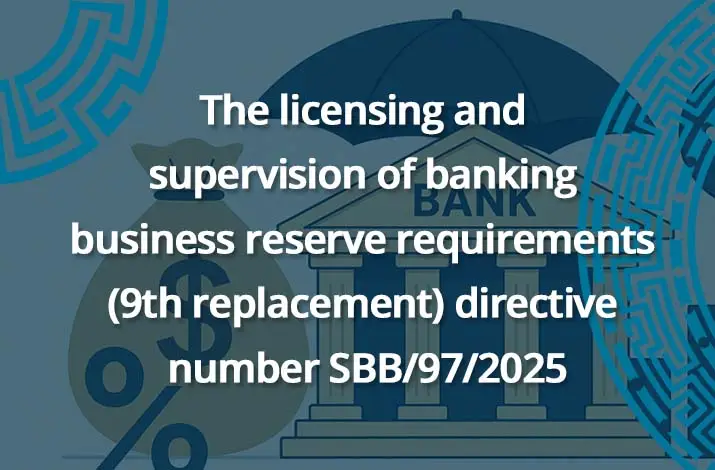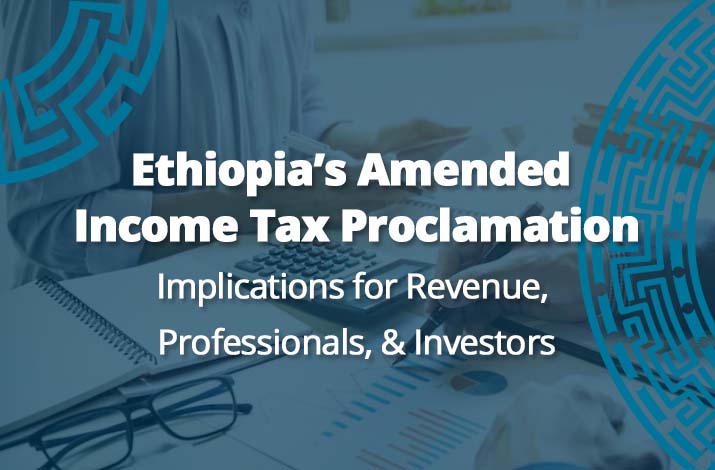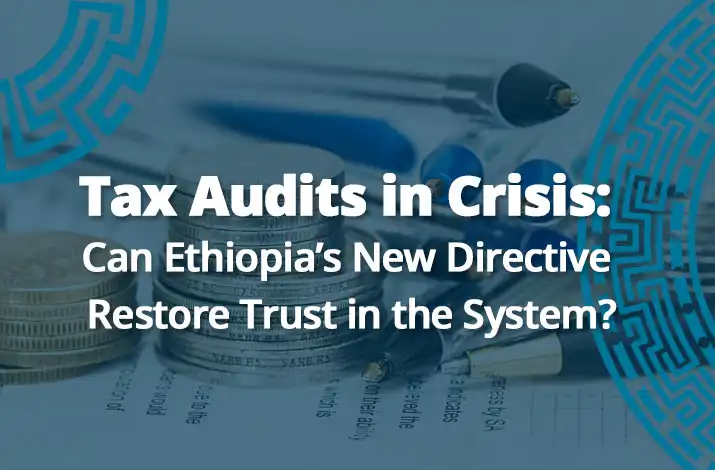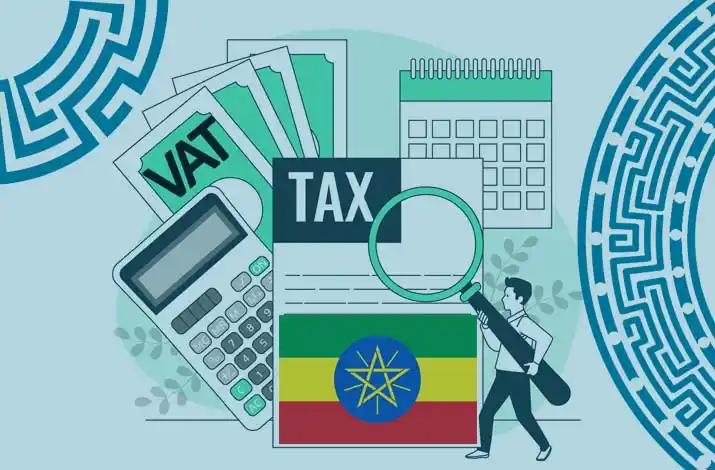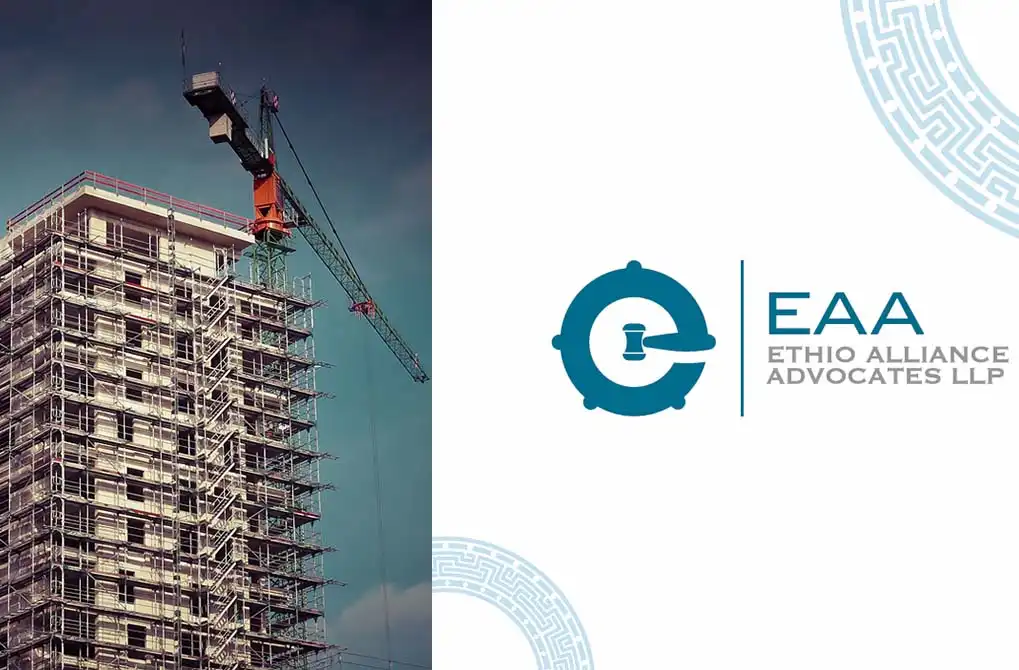Regulating Ethiopia’s Shift to Electric Vehicles: A Legal and Institutional Framework
In Ethiopia there is a shift from petroleum cars to electric cars within the past few years. The government of Ethiopia has been working to support and realize the shift, from the regulating customs by imposing tariffs to discouraging car imports and facilitating Electric Vehicle (EV) charging infrastructures. The government has demonstrated its commitment by establishing a legal and institutional framework through legislation and its implementation.
Among the efforts made to realize this transition, one significant regulation is The Electric Vehicles charging system (EVCS) directive no 1034/2024. The Ethiopian Petroleum and Energy Authority has issued the directive with the power conferred to it under article 40 (2) of the energy proclamation 810/2013 and article 82 of the council minister’s energy regulation no 444/2019. The directive so as to enable faster adoption of electric vehicles intends to give assurance for safe, reliable, accessible, and affordable charging infrastructure. Besides, the directive aims to determine reasonable electricity tariffs for charging station owners, electric vehicle owners and off grid systems.
Since, the sector is part of the business industry; the directive adopted to create opportunities to entrepreneurs to generate income by involving as a service provider meeting the minimum requirements outlined in the directive. Thus, the Petroleum and Energy Authority is mandated to license business’s as per the requirement of the law, to set standards and to set specification in installation and operation. Be that as it may, the law encourages the use of renewable energy for reducing atmospheric temperature and reducing carbon emission as part of concerned sovereign world actor.
The content of the directive
The directive is aimed to apply to all individuals and business that provide and utilize any EVCS in Ethiopia irrespective of the source of its electricity supply, whether from national grid or off grid. In addition, the law is applied to those who provide electricity suppliers for the service of EVCS.
The directive consists of 25 articles, covering aspects from its title to its effective date. It introduces possible EV charging services that are at home EV charging, Public EV charging stations services, and captive charging station services. Moreover, the law listed out the right and obligations of EV charging service providers, electric vehicle owners and Electric supply providers. Among other provisions, article 7 of the directive entitles electric vehicle owners to reasonable compensation for any damaged caused to their vehicle and equipment’s due to substandard charging system.
The law provides charging, safety, and location requirements with power quality, metering and installation and operation procedure. Moreover, the law sets the type and classes of license with all general and specific procedures for application. Additionally, the law considers the renewal, suspension and revocation of licenses. Last but not the least, the law provides the mandate to and how the tariffs are determined.
Legal Disclaimer- This document is for informational purposes only and does not constitute legal advice. While every effort has been made to ensure the accuracy of the information provided, no guarantee is given regarding its completeness or applicability to specific circumstances. Readers should seek professional legal counsel before making any decisions based on the content of this document. The author and publisher disclaim any liability for any loss or damage arising from reliance on the information herein.

